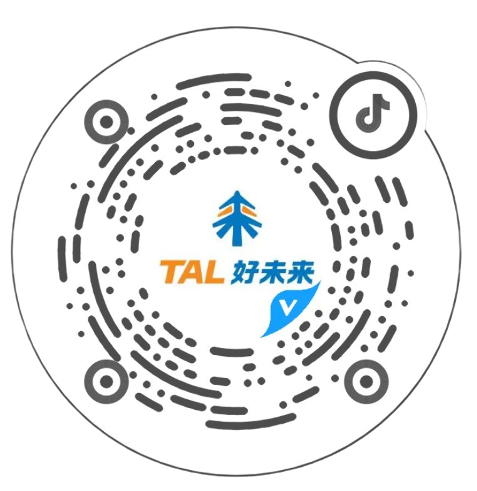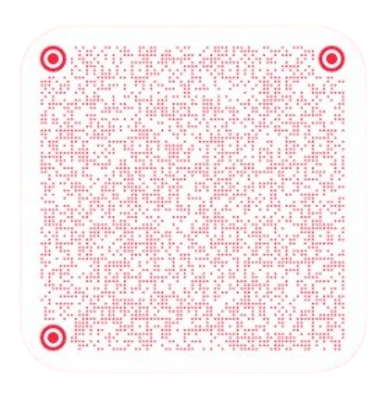




Recently, the results of the multi-challenge contest of CVPR 2022 (Computer Vision and Pattern Recognition, a top international conference on computer vision and pattern recognition) have been officially announced. the Smart Vision Team of M School AI-enabled Management under TAL Education Group won two international championships in the UG²+ Challenge, the Semi-Superviced Action Recognition in the Dark and the Atmospheric Turbulence Mitigation tracks, defeating numerous domestic and international teams.
This marks another outstanding achievement for TAL Education Group on this international technical stage, following its multiple championship wins at CVPR 2020 and CVPR 2021. Organized by the Institute of Electrical and Electronics Engineers (IEEE), CVPR is one of the most influential and comprehensive top-tier Class A academic conferences in the fields of computer vision and pattern recognition.
The UG²+ Challenge was co-hosted by the Institute for Infocomm Research (A*STAR, Singapore) and Nanyang Technological University, Singapore, attracting over 100 professional teams from domestic and international universities and research institutions, including the University of Maryland and the University of Chinese Academy of Sciences.
The Semi-Supervised Action Recognition in the Dark challenge requires identifying action categories in video sequences under low-light conditions. Due to the significant differences in visual features between low-light and normal environments, existing action recognition algorithms cannot function effectively, posing a major challenge for both recognition algorithms and researchers.
To address these challenges, the Vision Team of TAL M School integrated deep learning-based data processing solutions, including "darkness removal" for low-light data, a series of image processing techniques, and GAN (Generative Adversarial Network) technology, to achieve "domain migration" from normal images (sourced from datasets like HMDB51 and K600) to images with brightened dark-light effects. Additionally, the team adopted a self-supervised learning-based video classification method to fully exploit the temporal relationships and visual features in videos, combined with an adaptive semi-supervised approach using multi-round pseudo-label iterative training. This achieved an accuracy rate of 91.33%, securing the championship.
Over the past century, extensive research has been conducted on the perturbation and propagation of light in media. However, progress in developing algorithms for restoring and reconstructing images degraded by atmospheric turbulence has been slow. The Atmospheric Turbulence Mitigation challenge aims to accelerate research in this area.
In this competition, TAL Education Group's team (named "Summer") employed the Restormer model for image reconstruction. By leveraging the spatial correlation between turbulent images and using multi-frame inputs, the team effectively learned and extracted spatial features across different frames, significantly enhancing end-to-end image reconstruction performance. Additionally, integrating the NIMA (Neural Image Assessment) module enabled the pipeline to adapt to diverse scenarios. Ultimately, the team secured the championship with an absolute advantage, achieving a post-reconstruction image accuracy of 98.53%.
TAL M School AI-enabled Management, originally known as the TAL AI Research Institute, is one of the earliest research institutions in China's education sector to engage in AI technology research and practical exploration. After nearly five years of accumulation, it has continuously made breakthroughs in cutting-edge core technologies across multiple domains, including image and video understanding, machine learning, natural language understanding, speech synthesis and evaluation. The institute has opened up over 100 AI capabilities in fields such as computer vision, speech technology, NLP (natural language processing), and data mining to the industry. It provides AI solutions for intelligent grading, intelligent assessment, virtual avatars, content generation, and teaching management. To date, it has secured more than a dozen domestic and international competition championships, including those from CVPR 2020, CVPR 2021, ICCV 2021, UbiComp 2020, NeurIPS 2020 "Education Challenge", CCL 2020 Humor Computing Evaluation, and INTERSPEECH 2021 "Non-Native Child Recognition" competition. The team has also published over 70 high-quality academic papers and obtained more than 190 patents.